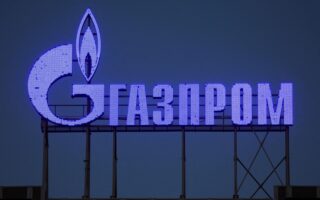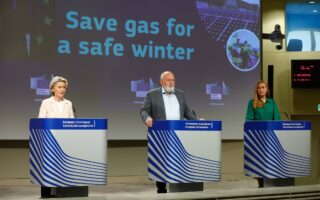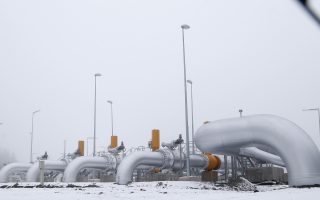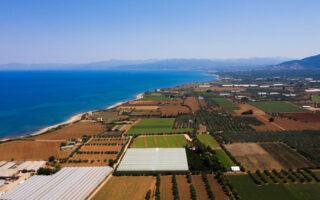Europe’s game of catchup
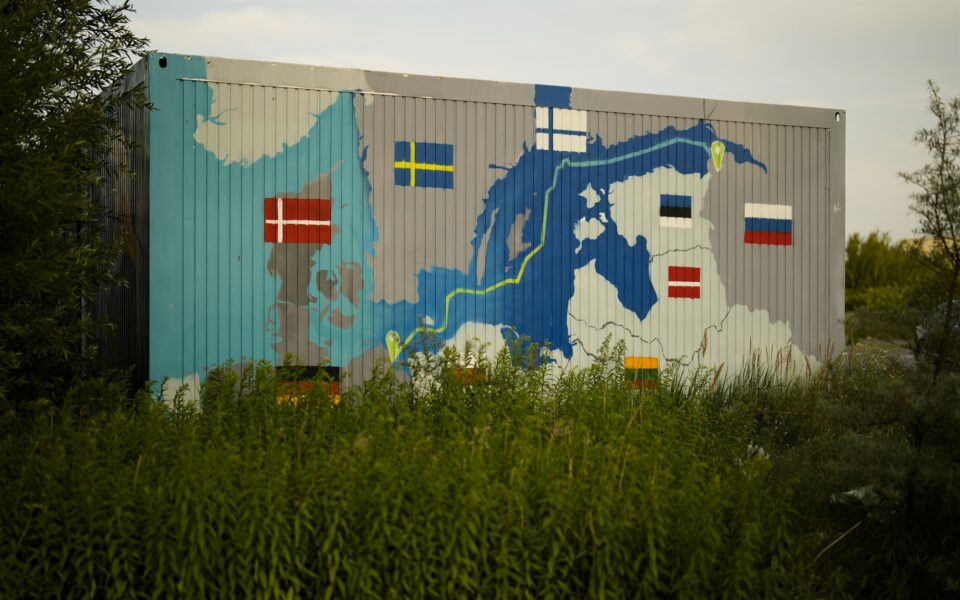
The West had been betting on the assumption that Russia would not turn off the energy tap to Europe. Most international analysts had estimated that if Europe cut down on imports, Russia would have to find new clients. In fact some called for a windfall tax on Gazprom natural gas, believing that Russia would not have realistic alternatives.
For the time being, Europe is vulnerable to the whims of Russian President Vladimir Putin. Gas supplies through Nord Stream 1, Russia’s biggest pipeline to the West, have been slashed to just a fifth of capacity, while prices are again nearing the record levels seen just after Russia invaded Ukraine. The question is, is Moscow bluffing or does it want to play the game to the extremes?
Russia has been looking eastward for some time now. However, it is questionable whether Eastern markets, which have lower purchasing power, can make up for the country’s exports to Europe. Even more questionable is whether Moscow can quickly develop the necessary infrastructure in countries like China or India.
Europeans recycled cliches about the need to diversify their energy sources for years. They should have acted on them
Meanwhile, if the past is any guide, common sense can always be trumped by an unpredictable Putin who has shown that he is quite willing to sacrifice the economic interests of his country on the altar of his geopolitical ambitions. After all, Gazprom’s revenues have tripled compared to last year as the steep increase in European demand and soaring prices widened profit margins. This has given the Kremlin room to experiment, at least temporarily.
With the incursion into Ukraine being the culmination of his personal strategy, the future that Putin has in store for his people certainly looks gloomy. All that, however, is the future. Meanwhile, Europe faces the present with no convincing plan B in sight. A transition to renewables will take time, while calls to reduce energy consumption will take a toll on growth. As things stand it seems that the best thing would be a mild winter, which would also ease concerns of gas rationing.
Cheap Gazprom gas has supported Europe’s economies for decades. However, the continent’s dependence on Russia showed that the economy and geopolitics go hand-in-hand. Europeans recycled cliches about the need to diversify their energy sources for years. They should have acted on them. Because, at the moment, they are only playing a game of catchup.
